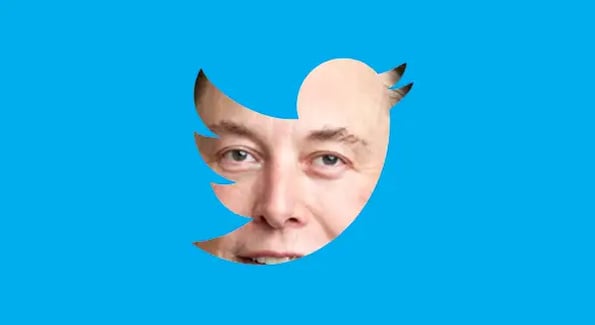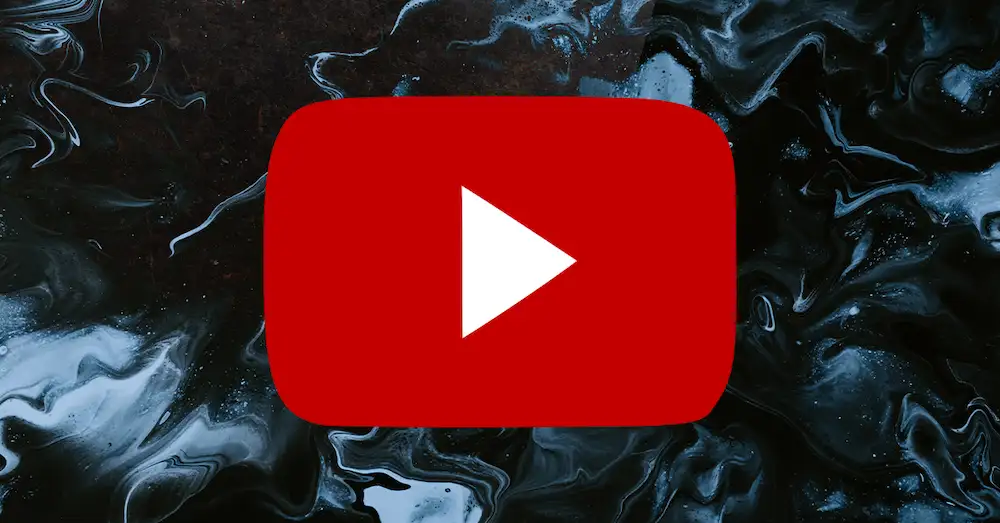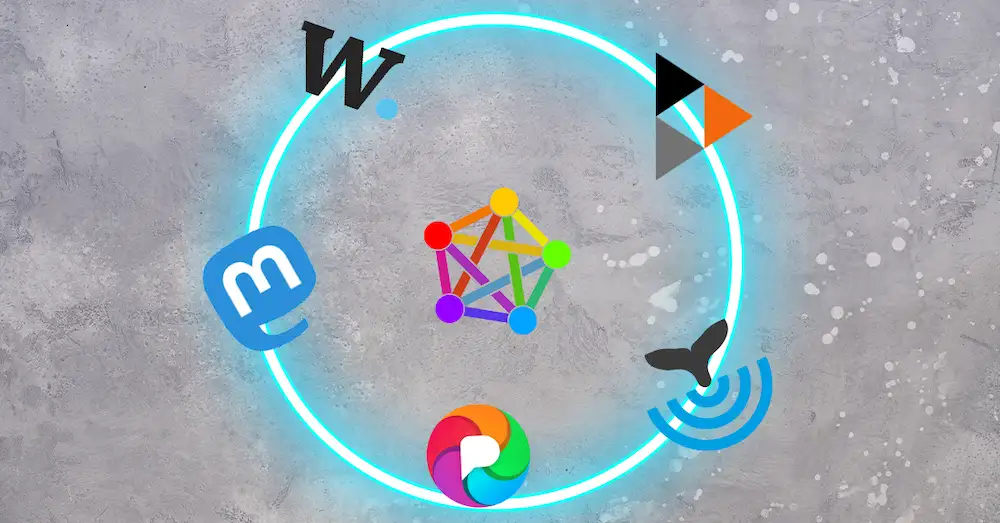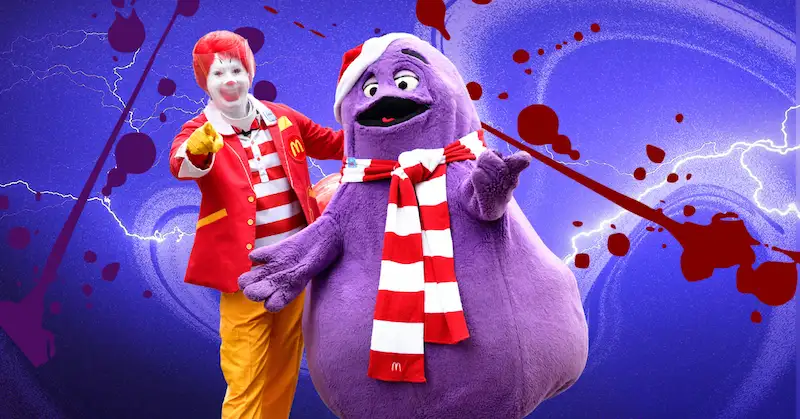We knew he loved sh*tposting — we just didn’t know how much.

Per The Wall Street Journal, Twitter’s most famous sh*tposter (AKA Twitter troll), who moonlights as CEO of Tesla and SpaceX, is buying the company for $44B.
So how did we get here?
Here’s a brief timeline of events leading up to the purchase:
- April 4: Musk disclosed he purchased a 9.3% stake in Twitter — becoming the company’s largest shareholder
- April 5: Musk was offered a board seat, which he later declined
- April 14: Musk offered to buy Twitter for $43B
- April 15: Twitter’s board adopted a “poison pill” defense — a move that prevents unwanted takeovers
- April 21: Musk secured funding for his proposed purchase, including ~$25B in debt financing led by Morgan Stanley
- April 25: Twitter accepted Musk’s offer
Whew. So what caused Twitter to come around?
Musk, considered by some the “greatest car salesman who has ever lived,” supposedly took his sales chops to Zoom last Friday, outlining his intentions to a group of shareholders via videoconference…
… which are what, exactly?
Musk has been adamant about several changes he would make after taking the company private, including:
- Reducing content moderation: Musk tweeted that a social media platform’s policies should leave both the left and right equally unhappy, and said Twitter has the “potential to be the platform for free speech around the globe.”
- Eliminating bots: Musk pledged to “defeat the spam bots or die trying” and “authenticate all real humans.”
- Relying less on advertising: In since-deleted tweets, Musk made the case for Twitter embracing a subscription model, and getting rid of ads for premium subscribers.
Additionally, Musk has joined the tech-Twitter elite in advocating for new features — including an edit button, longer tweets, and an open source algorithm.
But Musk has many critics…
… and they’re not convinced his intentions are pure. The New Yorker’s Kyle Chayka argues that Musk’s bid is an attempt to maintain his ability to influence millions of people without interference.
If that’s the case, Musk’s past criticism of Jeff Bezos and Marc Benioff, owners of The Washington Post and Time magazine, respectively, could end up looking comically hypocritical.
However, just yesterday, Musk extended an olive branch to his critics, tweeting that he hopes they stay on the platform “because that is what free speech means.”
It raises the question: Can you really trust a sh*tposter?











